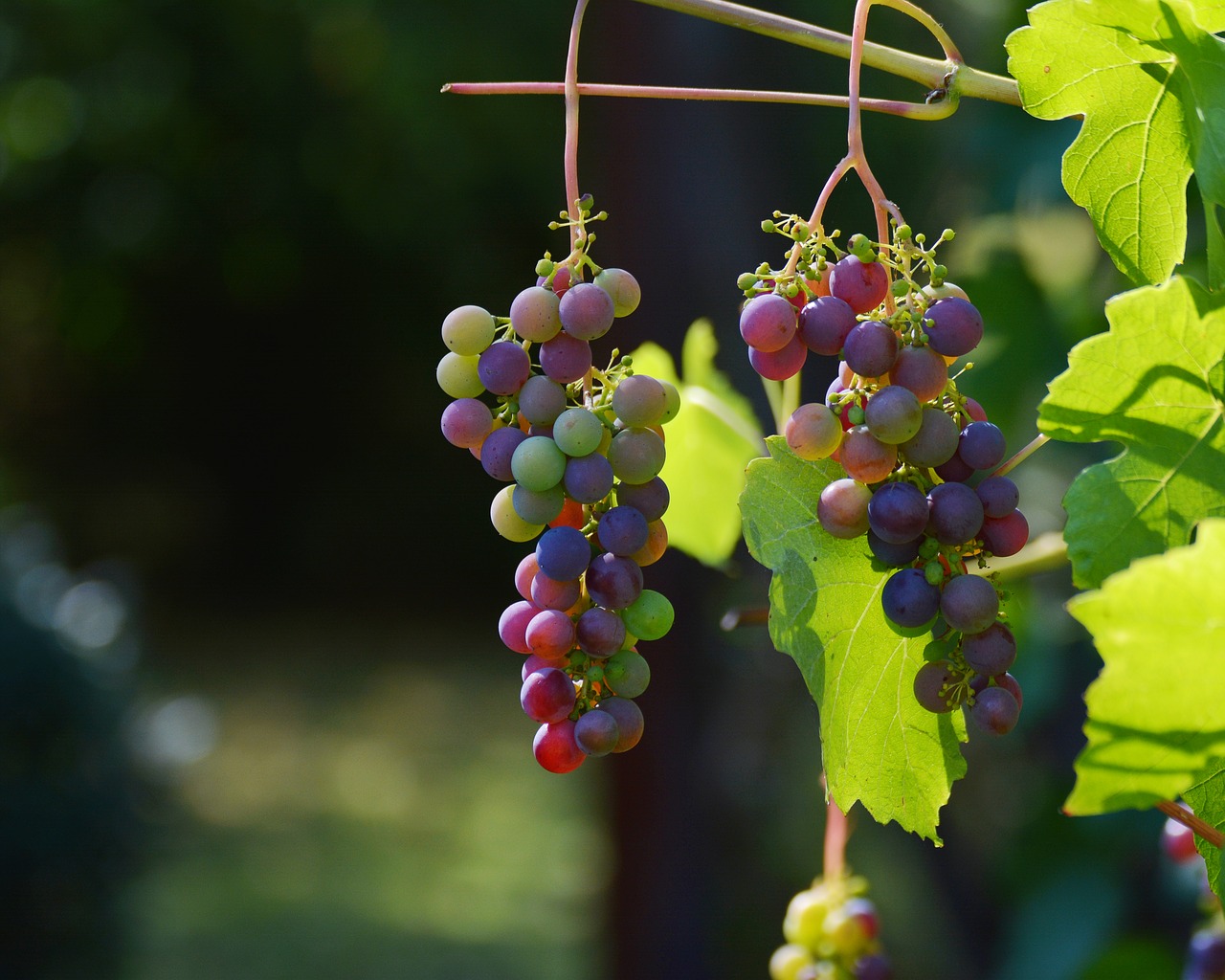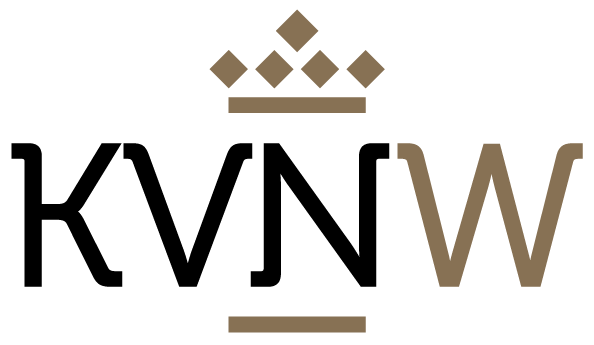
Agreement on the EU-Japan FTA: improving wine exports for EU growth
Brussels, 6 July 2017 – After 4 years of negotiations the President of the European Council, Donald Tusk, the President of the European Commission, Jean-Claude Juncker, and Japanese Prime Minister, Shinzo Abe, have announced the conclusion of the trade agreement between the EU and Japan.
“We congratulate the European Commission for pursuing an ambitious trade agenda and we warmly welcome the EU-Japan FTA” said Jean-Marie Barillère, president of CEEV. “Wine is the first agri-food product in terms of exports outside the EU, and this is the result of both the initiative of the wine businesses and of a dynamic EU trade policy which removes the barriers that we are facing in export markets”.
“We now urge both parties to finalise the legal work which will pave the way to the official signing of the agreement” he added.
Japan is the fourth richest economy in the world, and the EU’s second biggest trading partner in Asia. With almost €747M annual export in 2016, it is the 5th destination market for EU wines.
The Japanese wine market remains very competitive, with more than 55 countries supplying wine to that market. While EU wine has the best image among Japanese wine consumers, its market share continues to decline (-€10 M between 2015 and 2016) primarily due to increasing competition from wines who benefit from tariffs removal in virtue of their FTA.
The agreement will provide valuable preferential access for EU wines’ exports, with the elimination of import tariff at the entry into force of the agreement.
“At the moment, we are competing with countries which are not facing the same restrictions that we are. Just look at our major competitor, Chile, which enjoyed significant increases in market share in Japan after the implementation of its Free Trade Agreement” said Ignacio Sánchez Recarte, Secretary General of CEEV. “EU wine now has the tools to reconquer the market”.
Another major issue for EU wines that will be solved by the FTA is the implementation of an efficient protection for EU Geographical Indications. This is a positive sign for the other regional discussions and contributes to further isolating the last remaining countries not protecting GIs.
“Finally, EU wines have not enjoyed the full potential of the Japanese market yet because of some existing technical barriers related to winemaking standards. The FTA will improve the situation by recognizing a number of oenological practices currently used by EU wines and recognised at international level by the International Organisation of Vine and Wine -OIV-” underlined Ignacio Sánchez Recarte.
CEEV expects the European Parliament to ratify this agreement so as to ensure a quick entry into force of the FTA so that EU wines could benefit from the agreement to gain competitiveness as soon as possible.
---END---
Note to Editors:
- Comité Européen des Entreprises Vins (CEEV – www.ceev.eu) represents the wine companies in the industry and trade in the European Union: still wines, aromatised wines, sparkling wines, liqueur wines and other vine products. It brings together 24 national organisations and its members produce and market the vast majority of quality European wines, with and without a geographical indication, and account for over 90% of European wine exports.
- With around €10,1 billion € worth of exports every year, the EU wine sector makes a contribution of almost €7,5 billion to the EU trade balance.

